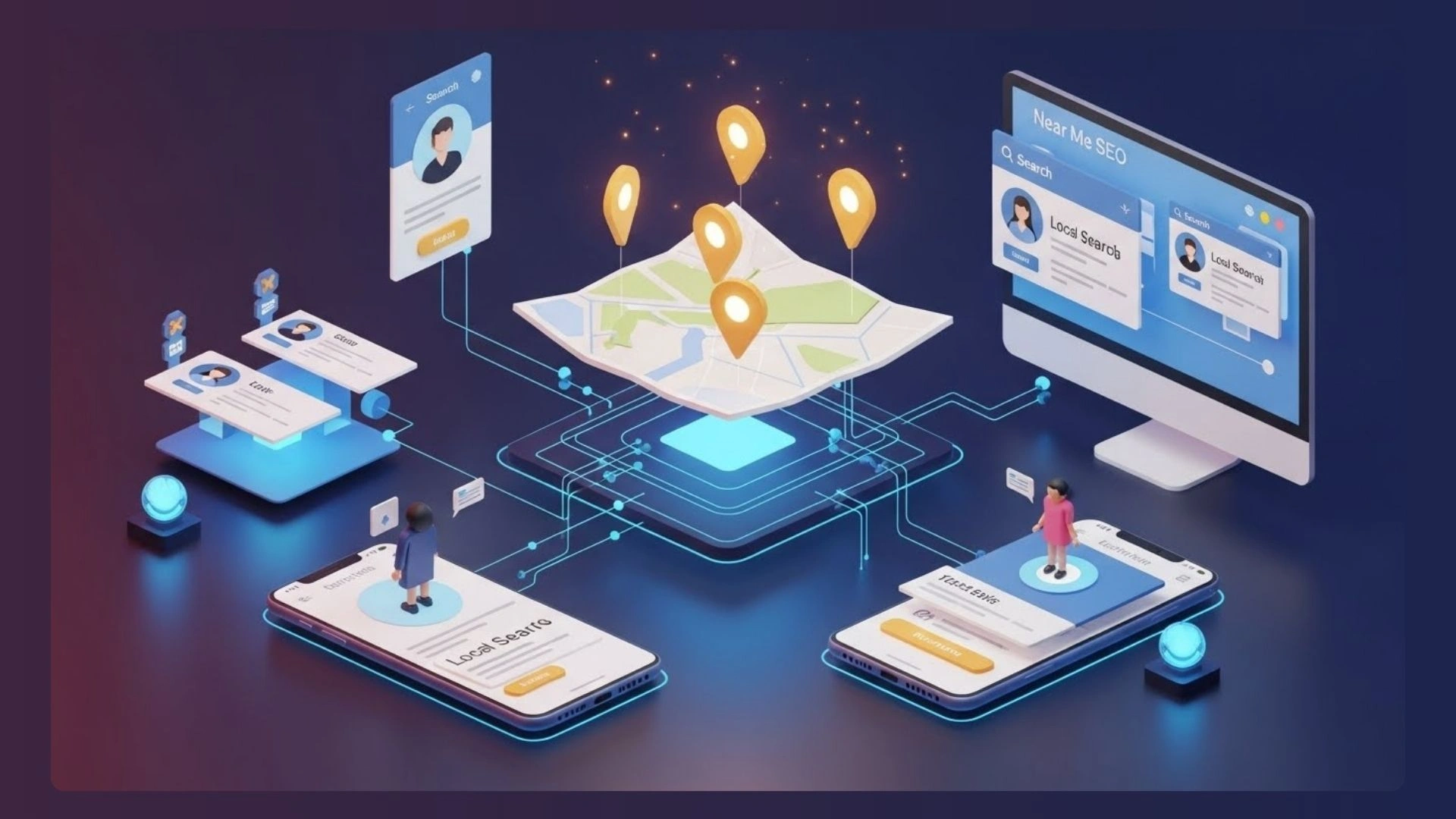The world is changing, and it’s happening faster than you can blink an eye. And guess what’s fueling this transformation? The latest software solutions quietly yet profoundly assist numerous industries in tapping into their hidden potential. From the factory floors of manufacturing giants to the case management of law firms, software’s influence is undeniable. It’s redefining how we work, access services, and interact with our finances. That said, in this article, we’ll discuss the five key sectors that are using different types of automation software. Let’s explore them in detail:
Manufacturing Sector: Boosting Production with Different Types of Automation Software
The first industry on our list is manufacturing. This sector typically faces significant challenges, including increasing productivity, reducing operational costs, and maintaining product quality. In response, many manufacturers have turned to automation software to address these issues effectively.
Automation software controls machines and robotic systems that assemble components, manage materials, and package products. It helps enhance production speed and accuracy, drastically reducing human error and operational costs.
But the software’s role doesn’t end there. It also allows manufacturers to keep a close eye on equipment health and implement preventive measures to minimize downtime. This comprehensive approach to efficiency and growth is a testament to the software’s power in manufacturing.
Law Industry: Simplifying Processes with Case Management Software
In the law industry, especially within personal injury practices, professionals often face complex challenges. Managing vast amounts of case information, keeping track of deadlines, and ensuring effective communication between involved parties are daunting tasks. These complexities can lead to inefficiencies and errors, impacting the quality of client service.
A user-friendly personal injury case software comes as a solution to these problems. This software boosts efficiency, enhances client communication, and helps firms deliver superior legal services. It includes comprehensive document management systems allowing attorneys and their staff to easily store, access, and manage case files.
Notably, the software includes an Intake Wizard that simplifies collecting information from new clients. It also has tools for tracking and assigning leads, monitoring intake performance, and ensuring timely follow-ups through intake scoring. This level of organization and efficiency not only helps manage cases more effectively but also improves overall client service.
Healthcare Sector: Enhanced Patient Care with Clinical Management Software
The healthcare sector regularly faces the challenge of maintaining high standards of patient care while managing extensive data and complex logistics. Moreover, it manages patient information, schedules treatments, and ensures timely communication between care providers.
Fortunately, clinical management software addresses these issues by streamlining patient data into a single accessible system. This software facilitates the seamless scheduling of appointments and treatments, ensuring that all healthcare providers have up-to-date information.
Healthcare credentialing software complements these systems by verifying staff qualifications and compliance, ensuring that only credentialed professionals deliver care. This verification process enhances patient safety and reduces the risk of compliance issues, making it a vital tool in modern healthcare management
It also enhances communication channels within healthcare teams and with patients, providing timely updates and reminders. With this software, healthcare providers can focus more on patient care and less on administrative tasks, ultimately improving health outcomes and patient satisfaction.
Education Sector: Transforming Learning with EdTech Software
In the education sector, the challenge lies in delivering interactive and accessible learning experiences to a diverse student population. Educators often face obstacles such as engaging students, adapting to different learning styles, and providing resources that are accessible to everyone.
Educational technology (EdTech) software helps overcome these barriers by offering a range of interactive tools and resources that cater to varied learning preferences. This software includes virtual classrooms, interactive simulations, and personalized learning modules that make education more engaging and adaptable to individual needs.
Overall, educational institutions can enhance the learning experience by using EdTech software, making it more dynamic and accessible to students regardless of their location or learning style.
Financial Services: Streamlining Operations with Financial Management Software
Last but not least, in financial services, challenges such as ensuring secure transactions, managing vast amounts of data, and maintaining high levels of customer service are prevalent. Financial institutions must also avoid fraudulent activities and comply with evolving regulatory requirements.
Financial management software addresses these issues by enhancing transaction security and operational efficiency. It provides tools for secure data management, real-time transaction monitoring, and automated compliance checks, all of which are essential for preventing fraud and ensuring regulatory adherence.
It also offers features like personalized banking services and rapid processing capabilities, significantly improving customer satisfaction. It helps manage the complexities of modern finance, safeguard customer data, and provide faster, more reliable services.
To Sum It All Up
As we can see, different sectors are not just using software; they are relying on it to leap towards innovation, efficiency, and growth. This digital leap sets new standards in service delivery, operational efficiency, and customer engagement across industries. As software continues to evolve, it promises to unlock even more potential, driving sectors to new heights of success.




